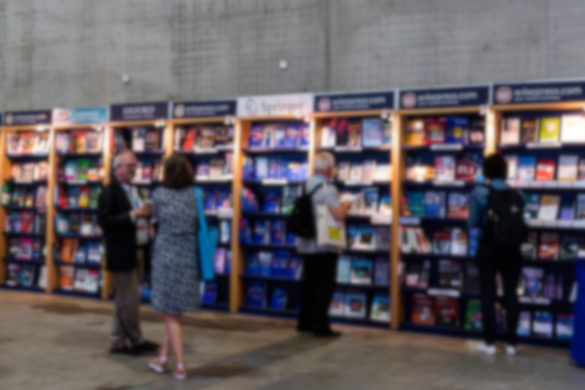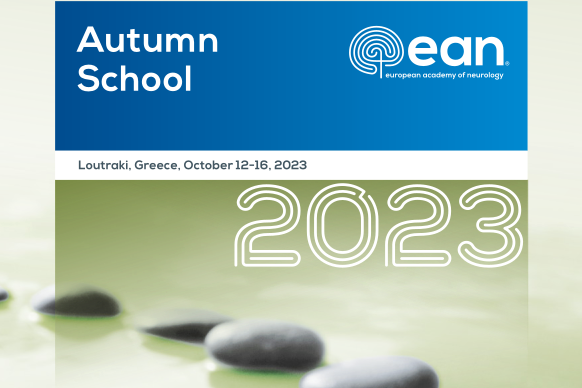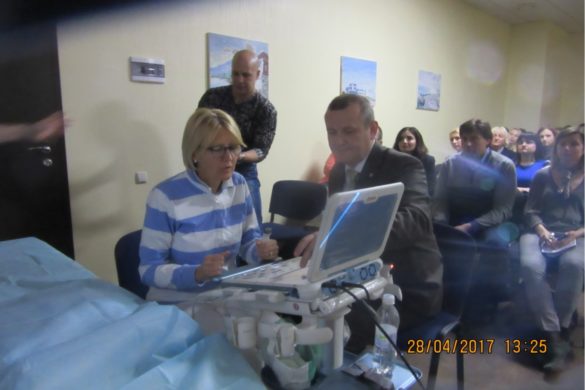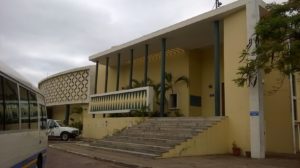
The 8th RTC took place in Maputo, Mozambique from 10 to 12 November 2016 and was hosted by the Eduardo Mondlane University of Maputo. The RTC, organised by the EAN – European Academy of Neurology, was supported by a consortium of European and international scientific societies:
- Eduardo Mondlane University of Maputo, Mozambique
- AFAN – African Academy of Neurology
- WFN – World Federation of Neurology
- AAN – American Academy of Neurology
- IBRO – International Brain Research Organisation
- MDS – International Parkinson Disease and Movement Disorders Society
- WSO – World Stroke Organisation
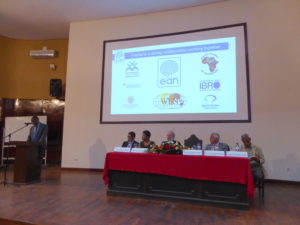
Our gratitude goes to the local organising team led by Amina Ismael Daude and Lucia Chambal. Their help, the support of the Eduardo Mondlane University of Maputo and the Faculty of Medicine in particular, were essential for the success of the RTC. The RTC was acknowledged also by the Mozambican Ministry of Health.
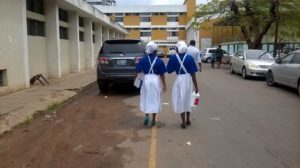
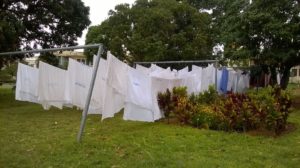
Mr. Mouzinho Saide, Vice Minister for Health of Mozambique opened the works of the RTC 8 and stressed the importance of courses such as this Regional Teaching Course for Africa. He welcomed addressing topics such as HIV, AIDS and epilepsy that are key to the health of the African continent. He thanked for bringing the course to Africa and allowing Mozambican and African doctors to have access to teaching of excellence on site.
He finished his introduction by mentioning that in Mozambique there are only 6 neurologists for 25 million people and expressed the hope that the RTC will enhance the interest in neurology among the participants.
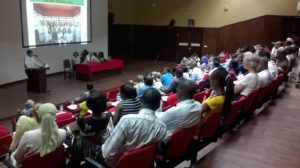
Thanks to the support of the above societies, 23 young doctors and trainees coming from 12 countries of Sub-Saharan Africa could be invited to the 8th RTC. They were supported by a scholarship from the RTC fund that covered their flight and stay. These trainees and residents were selected and put forward by the Head of their Department as potential course participants. Thus these selected participants represent some of the very best trainees from across Africa. Doctors and trainees from the Eduardo Mondlane University of Maputo as well as other medical training centres attended the course and the RTC counted 100 registered participants. The Faculty for the course was truly international and its members represented 11 different countries of which 6 from within Africa. The RTC had three main themes: Epilepsy, Stroke and HIV and the nervous system.
Faculty: Amina Ismael Daude (Mozambique), Erich Schmutzhard (Austria), Riadh Gouider (Tunisia), Jose Ferro (Portugal), Guenther Deuschl (Germany), Augustina Charway-Felli (Ghana), Christian Napon (Burkina Faso), Raj Kalaria (UK), David Clifford (USA), Jo Wilmshurst (South Africa), Charles Newton (Kenya), Suzaan Marais (South Africa), Rufus Akinyemi (Nigeria), Hannah Cock (UK), Anthony Damasceno (Mozambique).
Case presenters: M. Rabiu (Nigeria), M. Mekki (South Africa), N. Cadmiela da Graca Arroz, (Mozambique)
The core organisation of the course is led by the EAN Task Force “Neurology and Africa” chaired by Prof. Erich Schmutzhard (Austria) together with Ms Eveline Sipido, EAN Liaison Officer and responsible for the overall organisation of the RTC. The high international reputation for academic excellence of the RTC is underlined by the wide range of learned societies and institutions that support this annual course. The support received from major regional institutions such as the Mozambican Ministry of Higher Education and the Eduardo Mondlane University of Maputo, highlight the importance of the event within Africa. Augustina Charway- Felli, represented the African Academy of Neurology and Prof. Riadh Gouider participated as WFN envoy to the RTC.
The format of the course was a mixture of lectures in the morning, supplemented by a case presentation by one of the invited trainees and fitting into the theme of the day.
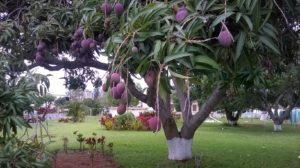
The afternoons were taken up with small group interactive workshops to discuss clinical cases brought by the experts. These rotating sessions were intensive and proved particularly popular with the participants (and enjoyable for the Faculty!).
The residents brought a great many questions that arose from their daily practice; this unique opportunity for them to ask the Faculty questions and to network with their peers from across the continent was something they really valued. There was also a formal “Meet the Professor” Session that was very much appreciated.
An evening session was dedicated to the analysis of video presented clinical cases in the field of movement disorders and epilepsy and was led by Guenther Deuschl and Hannah Cock. A clinical case presented by the invited resident Musbahu Rabiu (Nigeria) completed the evening.
On Saturday afternoon, Hannah Cock presented the EAN‘s eBrain on-line learning resource, which is available to all HINARI countries free of charge. She also illustrated the many options available to residents through EAN’s educational activities. The afternoon closed with a Q & A session.
The meeting was organised to a very high standard, and clearly meets the need to build capacity in caring for people with neurological disorders in the African continent, where the burden of disease related to both communicable and non-communicable diseases of the nervous system is high. Stroke in adults and – in children – epilepsy and HIV being disorders with a very high burden and incidence in the region need to be addressed.
To meet this continuing need, the EAN-led planning group met in Maputo to start working on the 2017 course. The participants to the 8th RTC were asked to list up to three topics of interest they would like to see addressed in a future RTC.
The 9th RTC will be held in Ouagadougou, Burkina Faso hosted by Prof. Jean Kabore. The dates of the RTC are to be decided.
Following the analysis of the proposed topics and with the input of the faculty, the following topics were identified for the 9th RTC:
- Neurodegenerative disorders – movement disorders
- Neuromuscular diseases with an emphasis on the clinical aspects
- Spinal cord diseases
Special thanks go to all those who made the RTC possible and in particular to the faculty who generously gave their time.
by Erich Schmutzhard, Eveline Sipido, 16 November 2016




